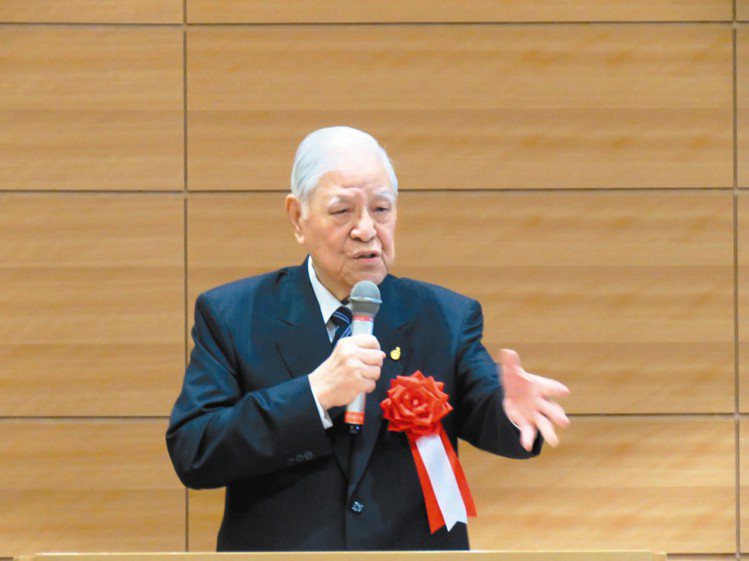Sent from my iPad
Begin forwarded message:
From: Dolores Kuo <doloresmkuo@gmail.com>
Date: July 31, 2015 at 8:20:59 PM CDT
To: Jensie Tou <pandjtou@aol.com>, "ronny_lin@hotmail.com" <ronny_lin@hotmail.com>, Nancy Chao <nancyhychao@yahoo.com>, Tina Soong <tsoongtotherim@aol.com>, Chris Wang <chriswang_95051@yahoo.com>, Charlotte Tao <charlottetao1@gmail.com>
Subject: Fwd: A card for you to make you smile!
---------- Forwarded message ----------
From: anna4cheng@gmail.com <anna4cheng@gmail.com>
Date: Friday, July 31, 2015
Subject: Fwd: A card for you to make you smile!
To: Jenmay Wang <jmw_pw@msn.com>
Sent from my iPhoneSubject: A card for you to make you smile!
Date: Thu, 30 Jul 2015 09:08:03 -0400
From: tampajuice@tampajuice.com
THANK YOU FOR BEING MY FRIEND
A card for you to make you smile ...
Tough times never last, tough people do.
My Friend!
Thought For The Day:
GOOD looks catch the eye but a GOOD
personality catches the heart.
You're blessed with both!'
It's "Friends Day" -
Send this to all your good friends.
if I am one of them.
See how many you get back.
If you get more than 3,
you are really a lovable person.....................
WELL! Don't just sit there! Your friends are waiting for something
to LIFT THEM UP! That would be kind words from you!
God Bless America!
--
Sent from My iPad






















